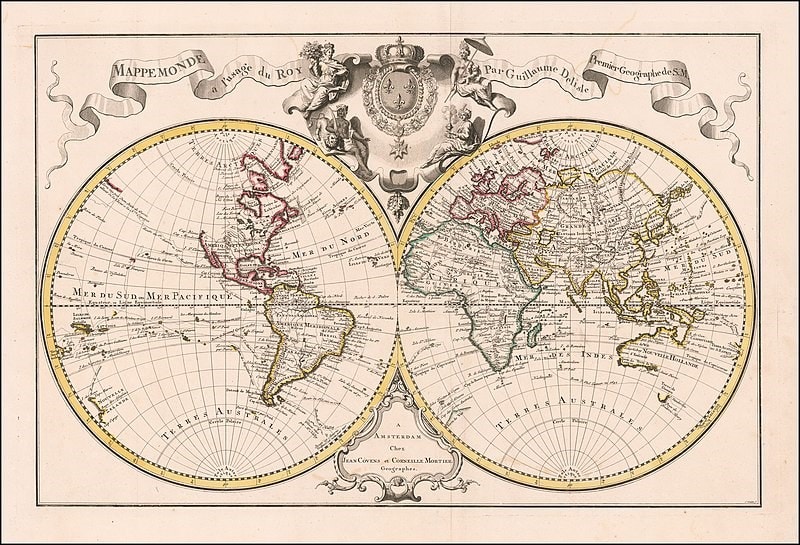In early April, a team of EMGS students and scholars initiated the Global Studies Covid19 Research Forum, since a pandemic like this poses a particular challenge to the academic field of Global Studies. Expectations are high that the new field has something to offer on the topic. We shall take the current crisis as a strong motivation to strengthen the interdisciplinary links between specialist in Global Health, Global History and area studies, geography, international and cultural studies as well as anthropology and sociology. How can we contribute to a better understanding of how the “global” is constituted and affected through this crisis, how infrastructures and commodity chains, how global inequalities and power relations, how international organizations and nation states, how border and migration regimes are situated in a dynamic which is too young as we can already have ready answers. We have started with the global history of pandemics as a first field of discussion and publish here three contributions, who look at the current moment through the lens of historical research. Yassine Benhaddou (EMGS Leipzig) reviews Tognotti’s paper on the syphilis in Renaissance Europe to reflect on the problem of knowledge production and communication in times of pandemic crisis. Megan Maruschke (ReCentGlobe, Leipzig) looks at Crosby’s research on the Spanish Flue in the US to discover a number of parallels but to ask also the crucial question of how we will remember this pandemic and with which sources historians will write its history. Steffi Marung (GESI Leipzig) discusses Spinney’s Pale Rider on the Spanish flu as a rare effort to really approach it from a global perspective, including the often neglected indigenous peoples and colonial spaces often marginalized in these accounts.

